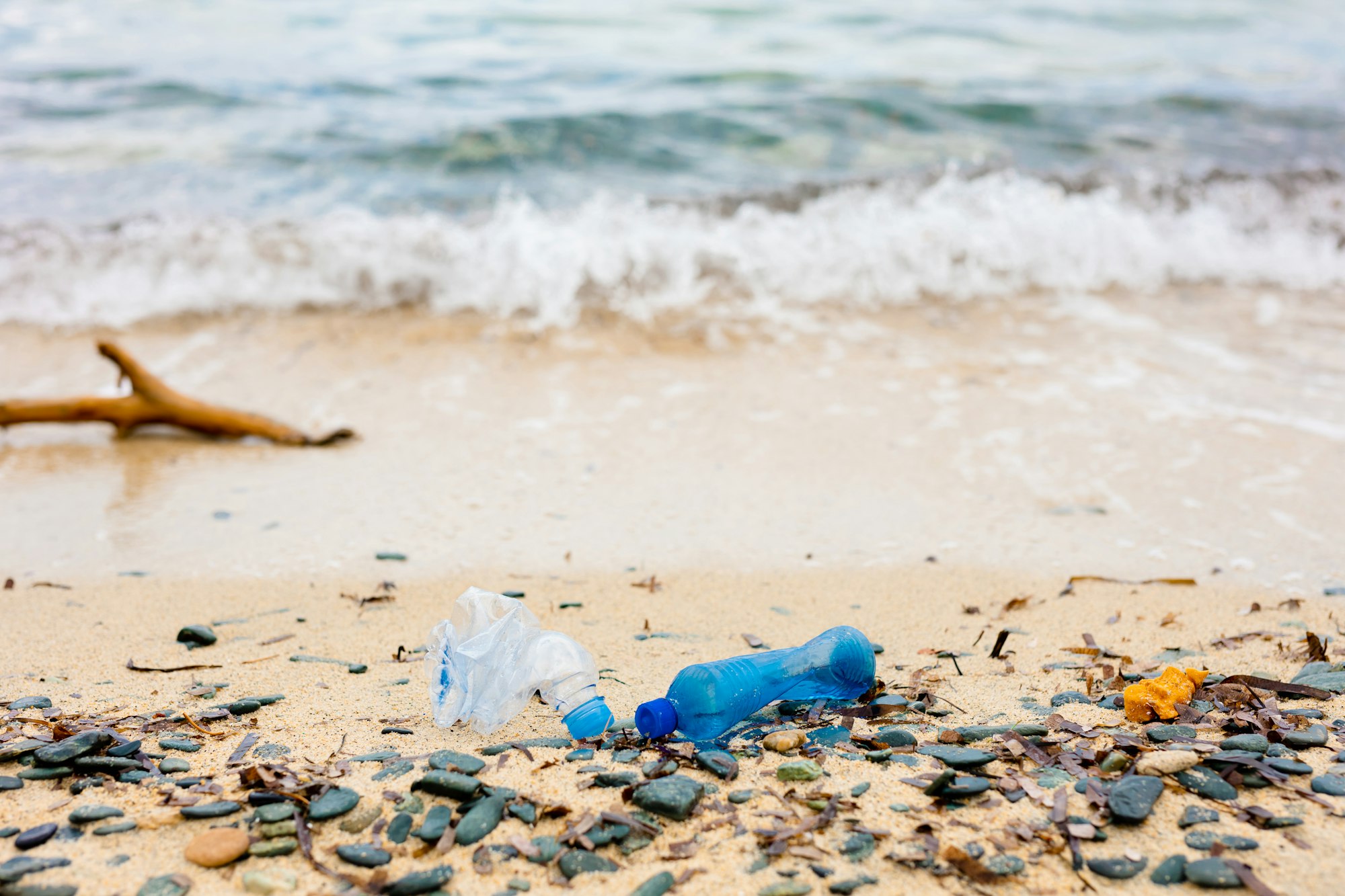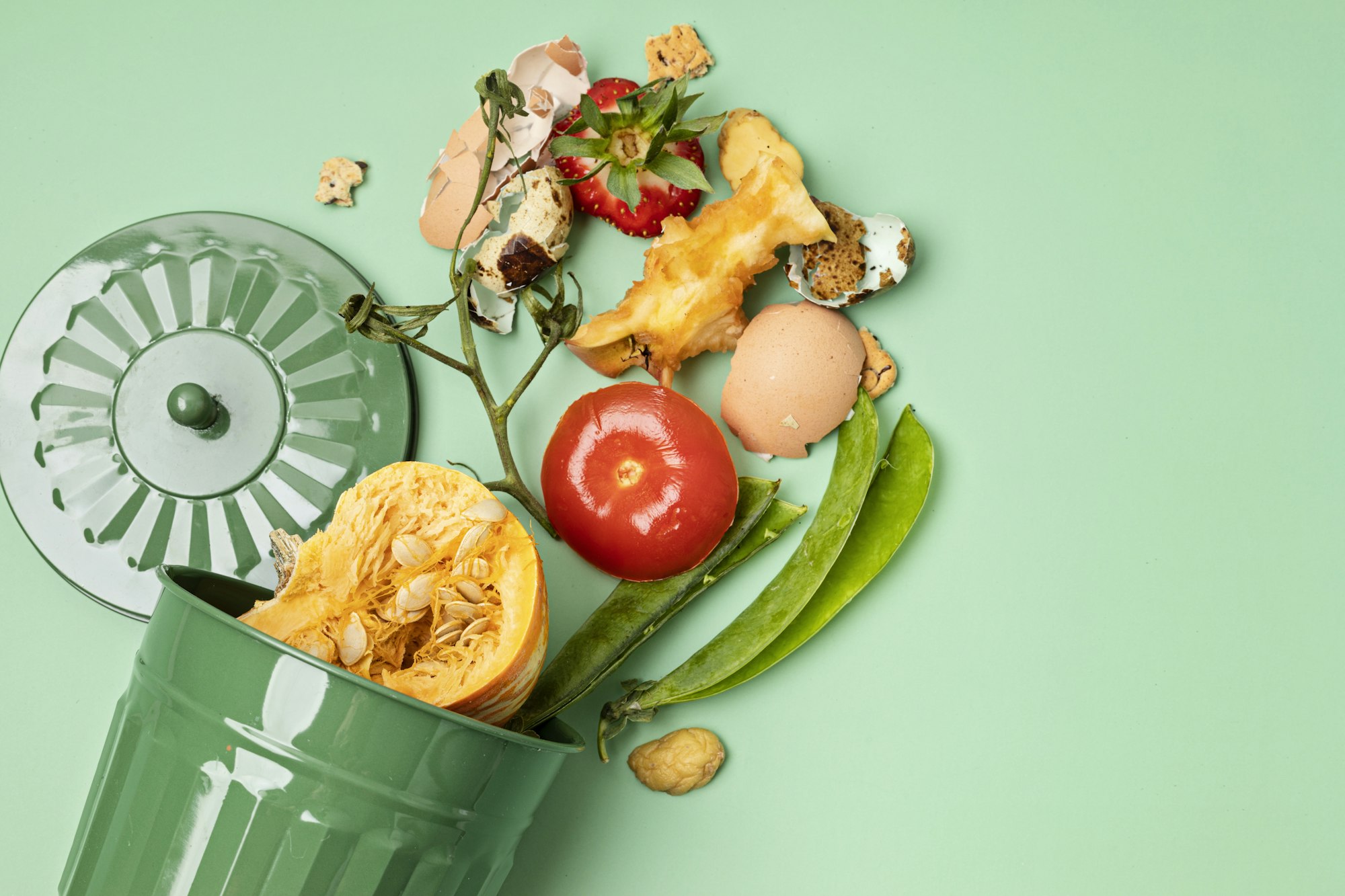Plastic pollution poses a significant threat to the health and biodiversity of our oceans, with devastating consequences for marine life and ecosystems. However, by implementing innovative solutions and collective action, we can work together to combat plastic pollution and protect our oceans for future generations. In this guide, we’ll explore practical solutions for addressing plastic pollution and preserving the health and vitality of our marine environments.
1. Reduce Single-Use Plastics
One of the most effective ways to combat plastic pollution is to reduce our reliance on single-use plastics. Encourage individuals and businesses to adopt reusable alternatives such as cloth bags, stainless steel water bottles, and glass containers. Implement policies and initiatives to phase out the production and distribution of single-use plastics such as plastic bags, straws, and utensils. By reducing the demand for single-use plastics, we can significantly reduce the amount of plastic waste entering our oceans.
2. Promote Recycling and Circular Economy
Promoting recycling and transitioning to a circular economy model can help keep plastic waste out of our oceans and landfills. Invest in infrastructure and technology to improve recycling rates and increase the recovery and reuse of plastic materials. Support initiatives that promote extended producer responsibility, incentivize recycling, and encourage the use of recycled materials in product manufacturing. By closing the loop on plastic waste and promoting a circular economy, we can minimize the environmental impact of plastic pollution.
3. Implement Plastic Bans and Regulations
Governments and policymakers play a crucial role in addressing plastic pollution through the implementation of regulations and policies. Enact bans on single-use plastics such as plastic bags, straws, and styrofoam containers, and implement regulations to limit the production and use of non-recyclable plastics. Implement extended producer responsibility laws to hold manufacturers accountable for the environmental impact of their products and incentivize the development of sustainable alternatives. By enacting strong regulations and policies, we can create a more sustainable and resilient plastic-free future.
4. Invest in Innovation and Technology
Investing in innovation and technology is essential for developing new solutions to address plastic pollution and advance sustainable alternatives. Support research and development efforts to develop biodegradable plastics, alternative packaging materials, and innovative recycling technologies. Foster collaboration between scientists, engineers, entrepreneurs, and policymakers to drive innovation and accelerate the transition to a plastic-free future. By investing in cutting-edge technologies and solutions, we can develop more sustainable alternatives to plastic and reduce our reliance on fossil fuels.
5. Educate and Raise Awareness
Education and raising awareness are critical for inspiring action and driving change on plastic pollution. Educate individuals, communities, and businesses about the environmental impact of plastic pollution and the importance of reducing plastic waste. Promote public awareness campaigns, educational programs, and community initiatives to empower people to take action in their daily lives. Encourage individuals to make informed choices, support sustainable alternatives, and advocate for policies and regulations that protect our oceans and marine life.
Conclusion
Protecting our oceans from plastic pollution requires a coordinated and collaborative effort involving individuals, communities, businesses, and governments around the world. By implementing practical solutions such as reducing single-use plastics, promoting recycling and circular economy practices, enacting plastic bans and regulations, investing in innovation and technology, and educating and raising awareness, we can combat plastic pollution and preserve the health and vitality of our oceans for future generations. Together, we can work towards a plastic-free future where our oceans thrive, and marine life flourishes in clean and healthy environments.










